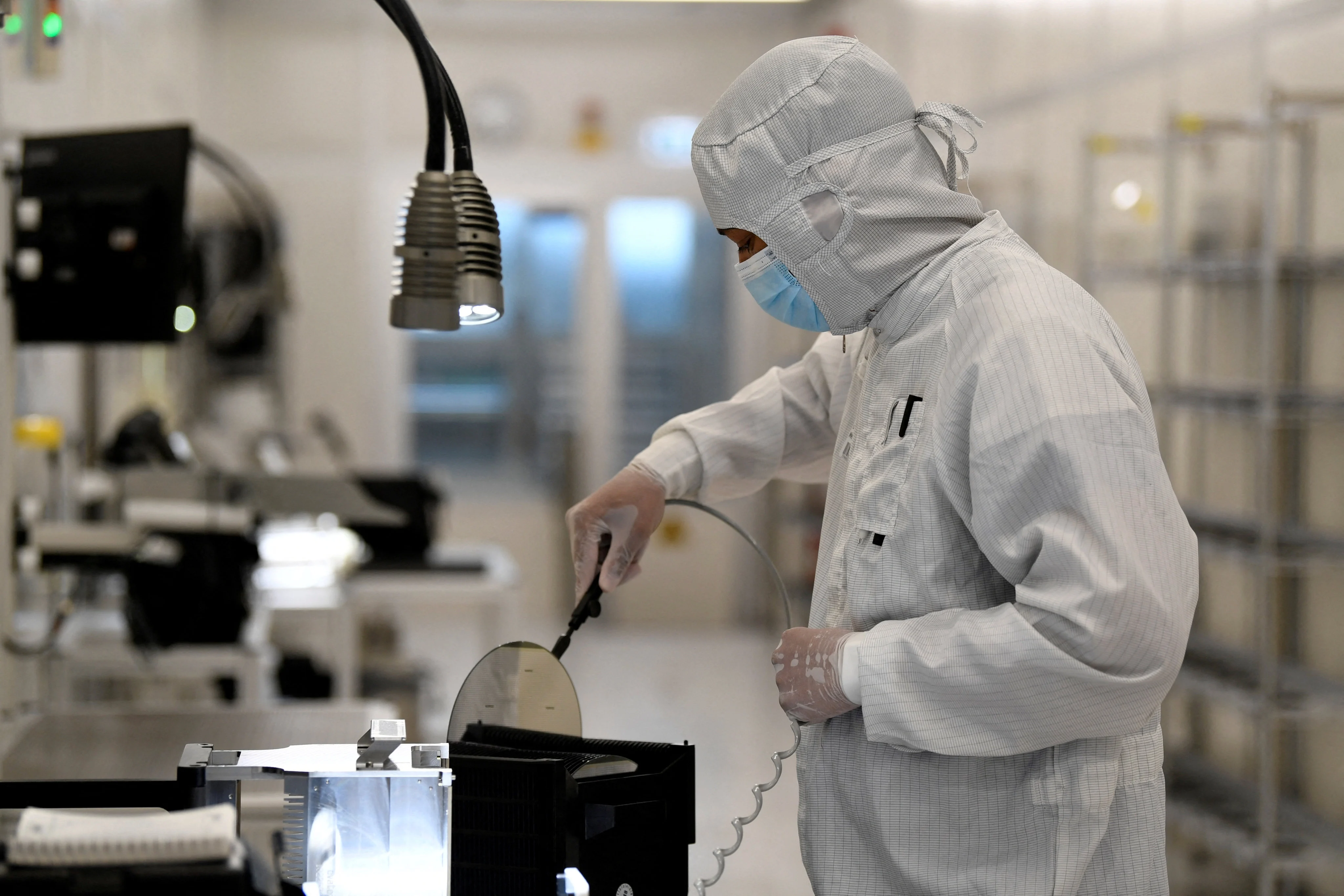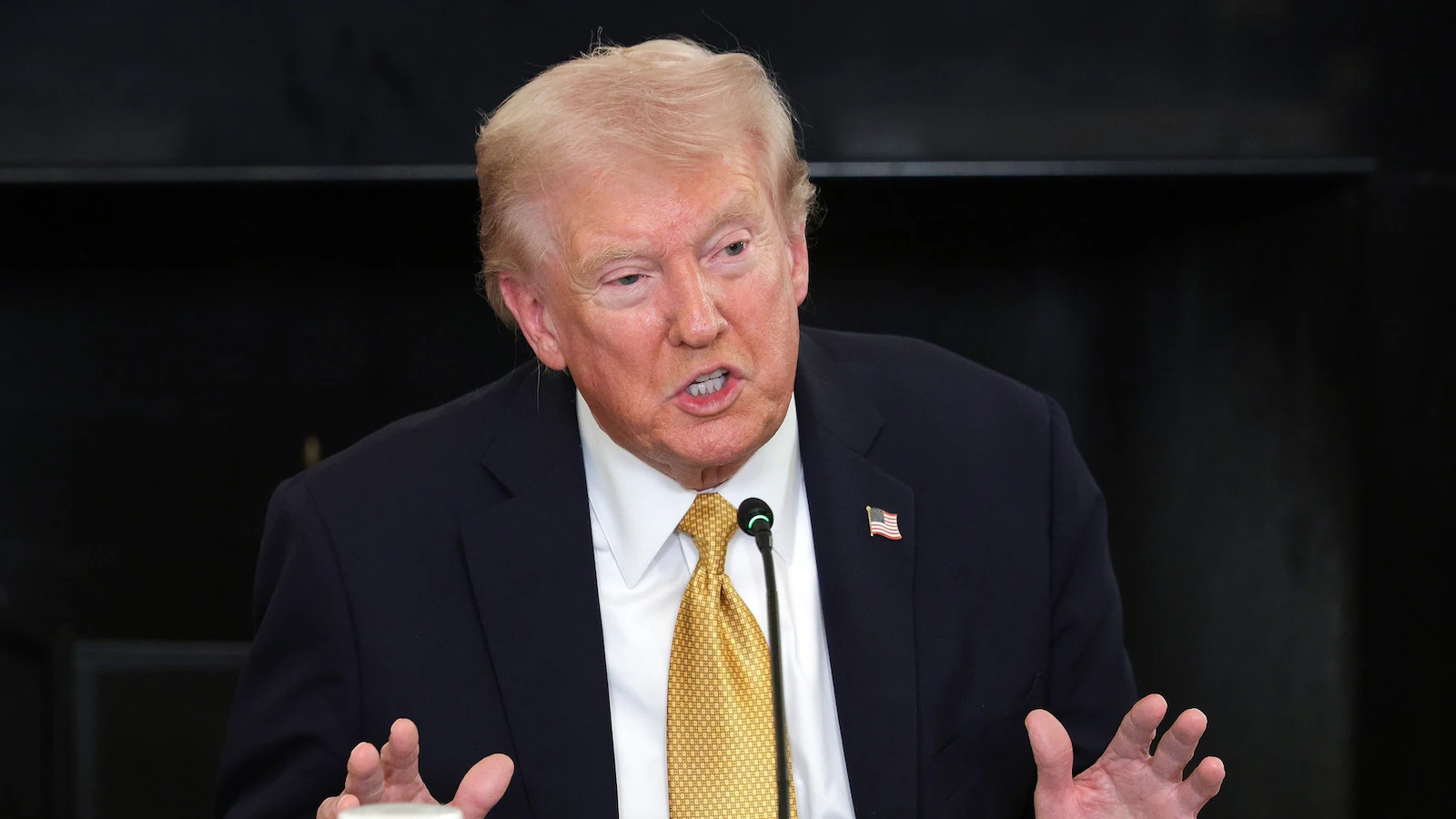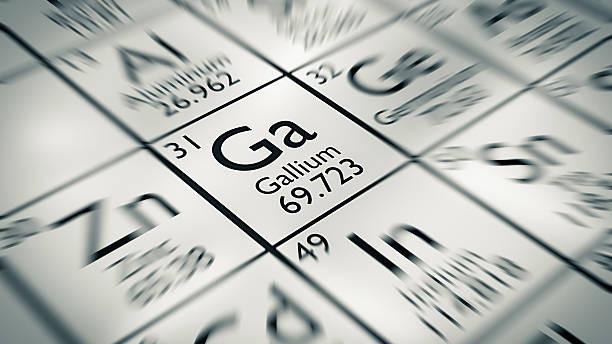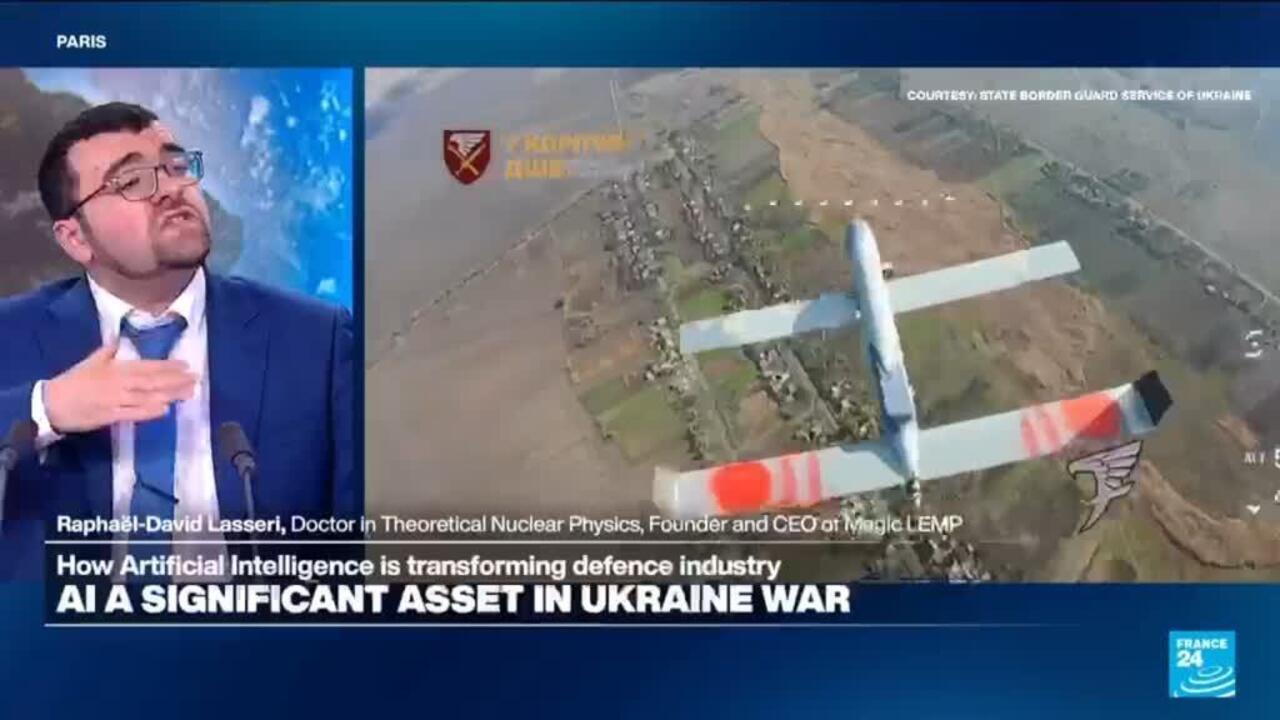Copyright scmp

Nexperia’s China unit is expected to be capable of making deliveries to clients on the back of the domestic semiconductor supply chain – even though locking in that support could take roughly six months, experts said – as the European fabrication facilities under the Dutch chipmaker’s head office continue to suspend the supply of wafers. A number of Chinese fabs – including Wuxi NCE Power, Hangzhou Silan Microelectronics and Yangjie Technology – would be able to supply wafers to Dongguan-based Nexperia China, according to a report by industrial consultancy Zhineng Auto. But the likely alternative domestic wafer supplier to Nexperia China could be a sister company of Chinese owner Wingtech Technology – Shanghai Dingtai Jiangxin Technology, also known as WingSkySemi – said Lin Shi, secretary general of the intelligent connected vehicles unit at the China-Europe Association for Technical and Economic Cooperation. According to its website, WingSkySemi invested 12 billion yuan (US$1.7 billion) in a Shanghai fab that makes 12-inch wafers. Wingtech last month touted the facility to shareholders as “a pivot in its production capacity strategy for the Chinese market”, days before Dutch authorities took control of Nexperia over national security concerns. The focus on meeting chips orders, especially for the global car industry, reflected Nexperia China’s efforts to reassure customers that production will continue uninterrupted. That followed a pledge made by China’s Ministry of Commerce on Saturday that the agency was considering exempting some Nexperia orders from an export ban that it imposed after the Netherlands seized control of the Chinese-owned Dutch chipmaker. According to a bilingual statement published early on Sunday via its WeChat account, Nexperia China said it had “multiple contingency plans” in place and that it had sufficient inventory to ensure “secure and reliable” chip supply. “We are accelerating the qualification of new wafer supply sources,” Nexperia China said. “We are confident in completing this qualification shortly and seamlessly meeting all customers’ demands starting next year.” The state-backed China Semiconductor Industry Association recently committed its “firm support” to Wingtech and its members, implying a potential industry-wide mobilisation of resources to support Nexperia China, which assembles 70 per cent of all the Dutch chipmaker’s products. Still, WingSkySemi’s production output of 30,000 wafers per month was small compared to the 83,000 wafers made monthly at Nexperia’s plant in Hamburg, Germany. The Dutch head office halted wafer supplies to the Nexperia China unit on October 26. China’s vast legacy chip production capabilities supported Nexperia China’s claim that it would be able to fulfil customer orders through the year’s end and beyond. Nexperia’s major products – diodes, metal-oxide-semiconductor field-effect transistors and logic integrated circuits – are typically made via mature processes. “Their technical barriers are not particularly high, but they are known for mass quantities, lengthy certification cycles and concentrated supply chains,” according to the Zhineng Auto report. According to the results of its 2024 financial year released in May, the Dutch semiconductor maker recorded US$2.06 billion in sales on total shipments of 110 billion chips. The company also said it expected to “maintain financial momentum, amplified by ongoing improvements in operational efficiency and a strong position in the automotive sector”. The company’s manufacturing network consisted of wafer fabrication in the UK and Germany. The output from those fabs were then tested and assembled in Dongguan, with the rest completed at facilities in Malaysia and the Philippines. The Sino-Dutch row over the control of Nexperia, however, has disrupted production, which resulted in the China plant partially halting production. The China unit advised client carmakers in Europe, Japan and the US about potential chip supply disruptions. Lin, from the China-Europe Association for Technical and Economic Cooperation, said it could take Nexperia China from six to 12 months to get new wafer suppliers certified for vehicle use owing to stringent safety requirements. “Typically, chipmakers schedule production 3 to 6 months in advance,” he said. “Once production is fully booked, boosting capacity becomes extremely difficult.” He added that most China-based wafer fabs cover medium- to low-voltage chips, while foreign firms like Infineon Technologies and STMicroelectronics can do high-voltage products. So even if Nexperia China can secure supplies from those two European firms, “their capacity has already been booked”. “Should this situation persist from 2026 onwards, we may witness a scenario similar to the Covid-19 pandemic, when chip prices surged tenfold,” Lin warned.



